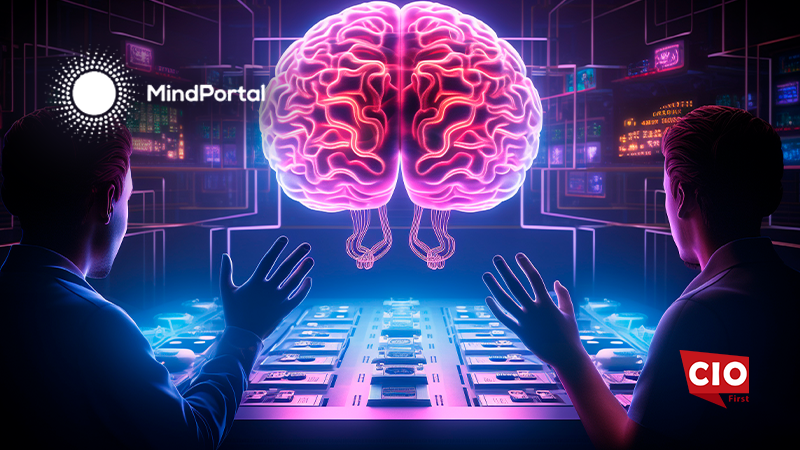A team of academics and scientists announced a huge breakthrough in seamless telepathic communication. For the first time, artificial intelligence has been successfully used to decode continuous imagined speech from the brain – opening new horizons in human-AI communication in the form of an AI model called MindSpeech.
In a groundbreaking trial run by startup MindPortal in June, researchers have shown that AI can interpret forms of continuous imagined speech directly from the brain without requiring any surgery, paving the way for advancements in how humans will communicate with technology in the future.
Unlike previous efforts, which focused on simple or memorized verbal cues or required invasive surgery, MindSpeech has been engineered to process more complex, free-form thoughts under specific test scenarios completely non-invasively. This represents a huge and important step forward in the technology’s ability to understand and translate human thoughts dynamically and intuitively.
In a pioneering study published in arXiv and ResearchGate and currently undergoing peer review, MindPortal’s researchers used a novel ‘word cloud’ task, prompting participants to imagine sentences based on topics covering over 90 percent of the most frequently used words in the English language. The data was collected using a portable headset [a high-density Functional near Infrared Spectroscopy (fNIRS) system], capturing neural activity across the entire head.
Participants generated between 433 to 827 sentences, with an average sentence length of 9.34 words, providing a robust dataset for training the AI model. The innovative approach involved the Llama2 Large Language Model (LLM) for text generation, guided by brain signal-generated embeddings. These embeddings were created by context input text with brain signals, allowing the AI to generate coherent text from imagined speech.
The results showed statistically significant results for three out of four participants, demonstrating the model’s ability to decode continuous imagined speech from thought.
“Our findings are an exciting indication that we’re on the path toward achieving more natural and intuitive ways for machines to understand human thoughts,” said Dr. Suyi Zhang, PhD, AI Research Engineer at MindPortal and lead AI researcher for the study. “While our technology is not yet ready for widespread use and requires further refinement, the results in our study point to a future where this kind of telepathic communication could become a reality.”
While more research is needed in the field of human-AI communication, MindSpeech has proved for the first time that AI can interpret forms of continuous, imagined speech directly from the brain without invasive surgery and points to how we may communicate with AI in the future.
“MindSpeech is the only research study to show that AI can decipher our imagined, free-flowing thoughts from the brain. Our team of researchers at MindPortal has proved that AI can interpret thoughts into text without requiring surgery or depending on a limited scope of sentences or verbal cues,” said Ekram Alam, Co-Founder & CEO of MindPortal. “This study represents a window into how humans will communicate with AI in the very near future.”
SOURCE: PRNewsWire
























